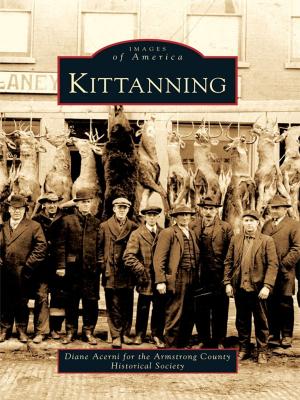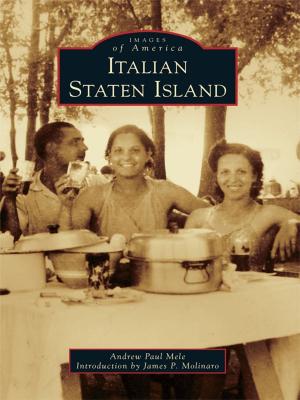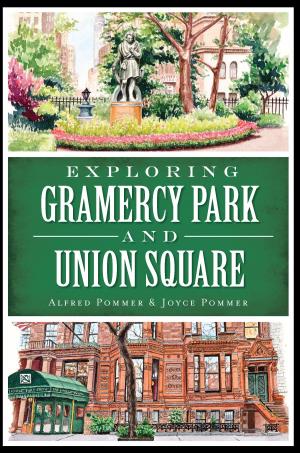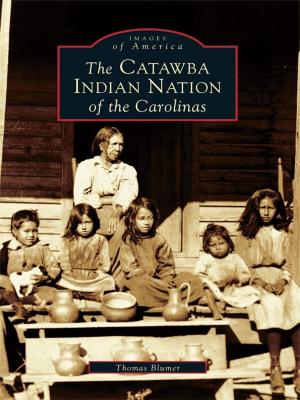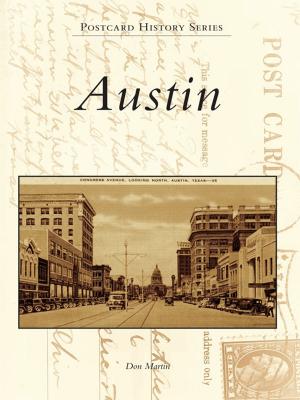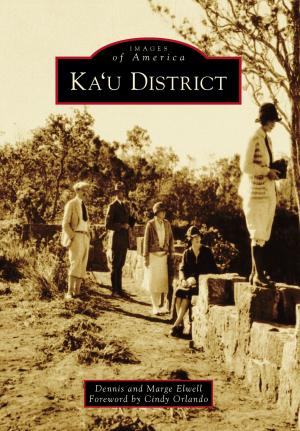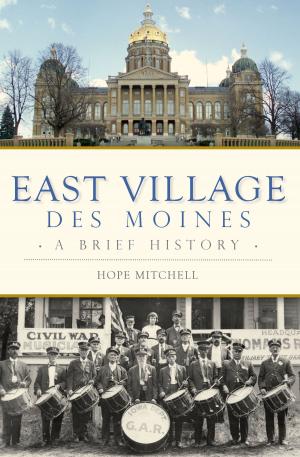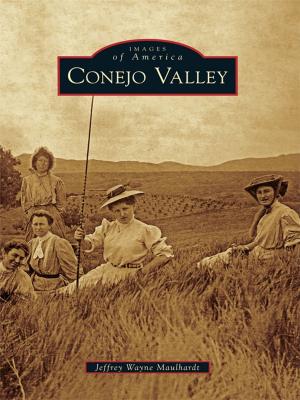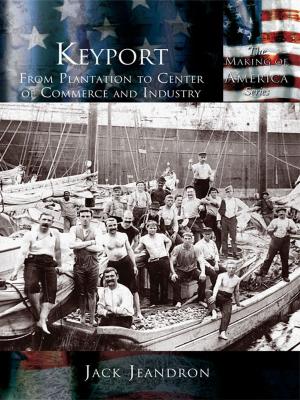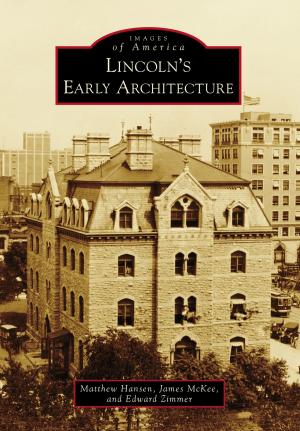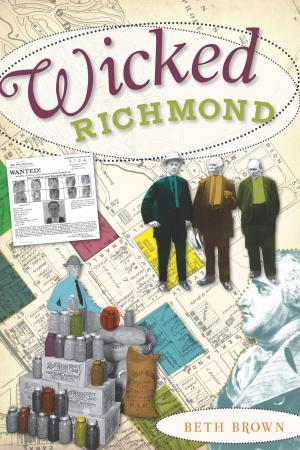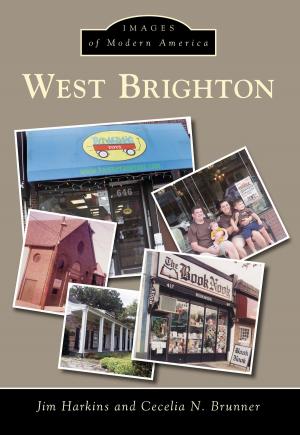| Author: | Michael J. Steiner | ISBN: | 9781439635155 |
| Publisher: | Arcadia Publishing Inc. | Publication: | June 23, 2008 |
| Imprint: | Arcadia Publishing | Language: | English |
| Author: | Michael J. Steiner |
| ISBN: | 9781439635155 |
| Publisher: | Arcadia Publishing Inc. |
| Publication: | June 23, 2008 |
| Imprint: | Arcadia Publishing |
| Language: | English |
One of six counties carved out of the Platte Purchase, added to Missouri in 1836, Nodaway County appeared to its first white explorers to be a rolling prairie, marginal for agriculture but full of opportunity for those willing to bring hard work and ingenuity to the land. Within a generation of building cabins and experimenting with a wide variety of agricultural enterprises, the county boasted at least 17 towns, four railroad lines, 16 newspapers, and all the economic and cultural institutions necessary for boosters to lay claim to progress and civility. While residents of towns and the countryside often drew distinctions between one another, their lives were intertwined by mills, horse farms, livestock shows, new technology, churches, schools, public entertainment of every sort, and occasional times of hardship. By the 1920s, the communities of Nodaway County, supported by a vibrant and diverse rural economy, reached a zenith of locally generated economic growth and community activity, captured artfully by photographers during the decades that bracketed the turn of the 20th century.
One of six counties carved out of the Platte Purchase, added to Missouri in 1836, Nodaway County appeared to its first white explorers to be a rolling prairie, marginal for agriculture but full of opportunity for those willing to bring hard work and ingenuity to the land. Within a generation of building cabins and experimenting with a wide variety of agricultural enterprises, the county boasted at least 17 towns, four railroad lines, 16 newspapers, and all the economic and cultural institutions necessary for boosters to lay claim to progress and civility. While residents of towns and the countryside often drew distinctions between one another, their lives were intertwined by mills, horse farms, livestock shows, new technology, churches, schools, public entertainment of every sort, and occasional times of hardship. By the 1920s, the communities of Nodaway County, supported by a vibrant and diverse rural economy, reached a zenith of locally generated economic growth and community activity, captured artfully by photographers during the decades that bracketed the turn of the 20th century.


